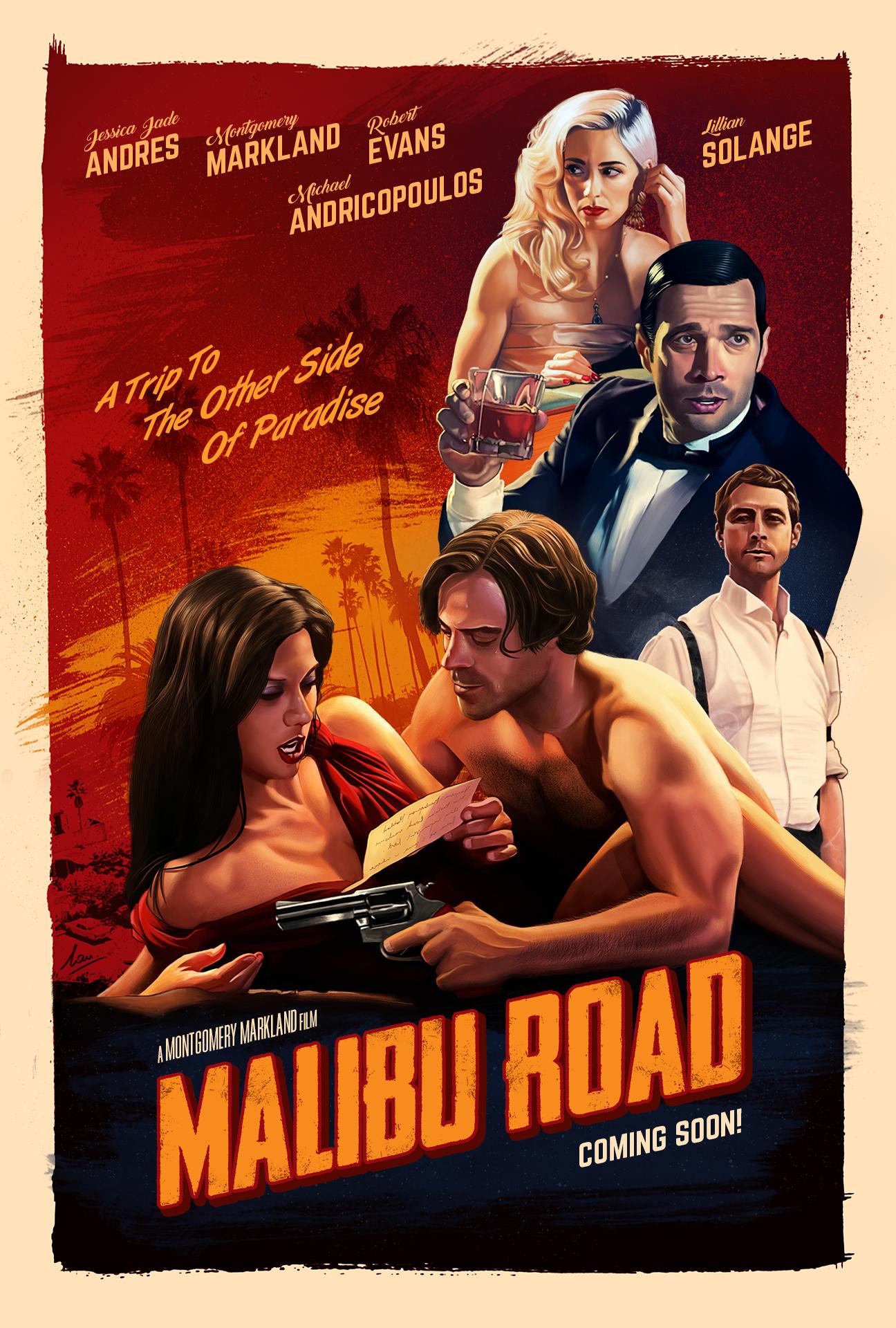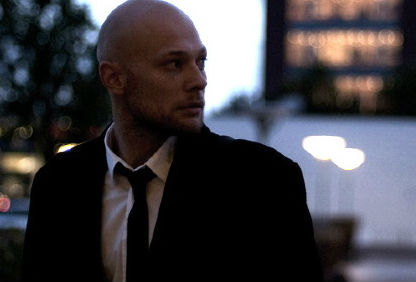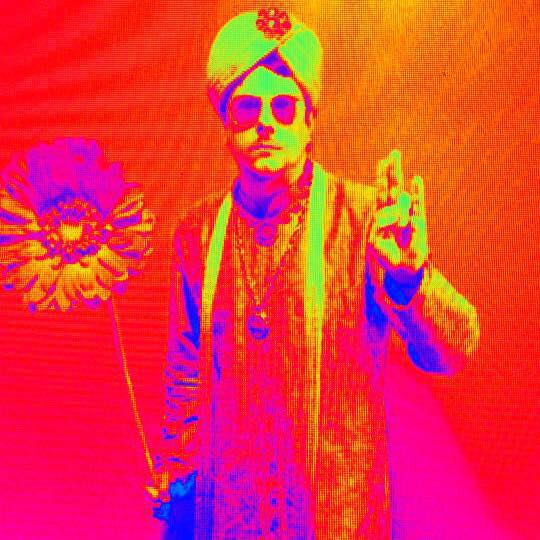Robert Stark and Matt Pegas speak with filmmaker, Montgomery Markland, about his film Malibu Road, which he both directed and starred in. Malibu Road is available to watch for free on Tubi, and for purchase on Apple TV and Amazon. While the pandemic delayed Malibu Road’s theatrical release, Montgomery has further plans for multipicture deals.
“Fast living Los Angelenos are targeted by the Central Intelligence Agency during Operation Midnight Climax, part of MKUltra. The experience takes a turn for the deadly during New Year’s Eve 1960 and now a professor, a starlet and the workers at a hotel with a questionable reputation must rediscover reality or be trapped in an endless cycle of sex, drugs and murder in ‘paradise.'”
Montgomery Markland has an idiosyncratic resume. Originally from Dallas, Montgomery was a state and local reporter in Austin, worked in the Texas state legislature on policy, was then a producer, president, and CCO at a number of video game companies, before working in Hollywood. Follow Montgomery on Twitter.
Topics:
Applying videogame design principles to Cinema
The Meisner acting technique
MKUltra connections to university professors and Hollywood (eg. Irvin Keshner)
Timothy Leary’s prediction that video games had the potential to recreate psychedelic trips
The History of the Albatross Hotel in Malibu and connections to Old Hollywood
Cinemaphotographic techniques used to capture the psychedelic aesthetic
Distorting reality in stories as representations of dreams (eg. traumnovelle), and influences from David Lynch
Influence from soap operas, telenovelas, and 90s Cinemax
The set design, recreating the aesthetics of the 60s and 70s
Influences from Jungian archetypes, as well as Ancient Greek, Hindu, and Buddhist mythology (eg. Timothy Leary on the Tibetan Book of the Dead)
Hunter S. Thompson
Alfred Hitchcock’s Vertigo
Malibu Road’s filming locations, including Malibu State Park and Will Rogers State Historic Park
The politicization of entertainment, and why overtly political conservative media fails
Reasons to be optimistic about opportunities in entertainment via niche markets
The Banking crisis, Economic Death Spiral, and narratives of collapse
Click Here to download!
Checkout Robert Stark’s Facebook page, Twitter, Instagram, Stark Truth TV, novel Vaporfornia, and subscribe to his Substack.




